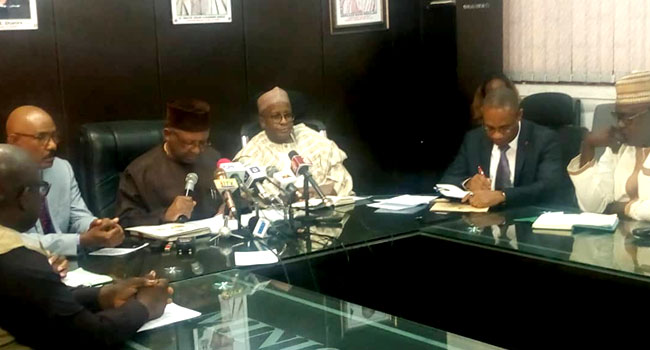Nigeria not ready to produce vaccines, minister admits
Nigeria is still unable to produce vaccines locally, the Minister of State for Health, Iziaq Salako, has admitted — despite ongoing government efforts to strengthen the country’s medical manufacturing capacity.
Dr Salako said the country lacks the technical and economic foundation required for successful vaccine production, stressing that the process is far more complex than many assume.
Asked whether Nigeria could manufacture vaccines today, he replied: “Unfortunately, not. One of the key elements Nigeria is driving under the Presidential Initiative for Unlocking the Health Value Chain is to promote local vaccine development.”
He explained that vaccine manufacturing demands a careful cost–benefit analysis. “It’s not enough to just say you want to produce vaccines. You must first consider comparative advantage. If producing locally costs more than importing, then it defeats the purpose. You must do all the analysis,” he said.
Although Nigeria’s population of more than 240 million offers a massive potential market, Salako warned that products must still meet global demand and standards. “When you produce a vaccine that is not globally used, that’s a challenge. It’s high-end technology, and we can’t rush into it,” he added.
Despite the setbacks in local production, the minister said the country’s health-security system remains strong and fully prepared for emerging global threats. “We have no cause for panic. There is 24/7 preparedness and constant surveillance to ensure health security,” he said.
Dr Salako revealed that Nigeria’s pandemic-preparedness capacity has risen from 39 to 55 per cent, and cautioned Nigerians against self-diagnosis. “Not every flu-like illness should be termed COVID-19,” he noted.
He also announced that around 78 per cent of federal hospitals — including medical centres, teaching hospitals and specialist facilities — have now been digitised, eliminating the need for physical hospital cards and making patient access easier.
On the migration of health workers, Salako blamed a global shortage of medical professionals, saying the brain drain affecting Nigeria is part of a wider international crisis. He pointed out that many countries have achieved childhood vaccine coverage as high as 97 per cent for DTP3, while Nigeria is still working to close its immunisation gaps.
The government, in partnership with WHO and UNICEF, recently launched a nationwide campaign targeting measles-rubella, polio, HPV and other preventable diseases as part of ongoing efforts to strengthen national immunity.




